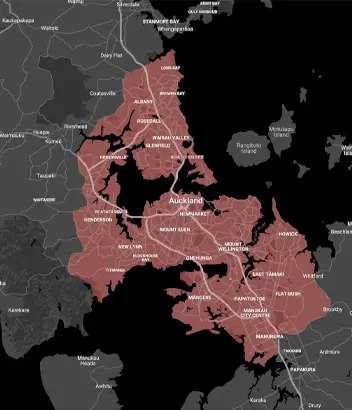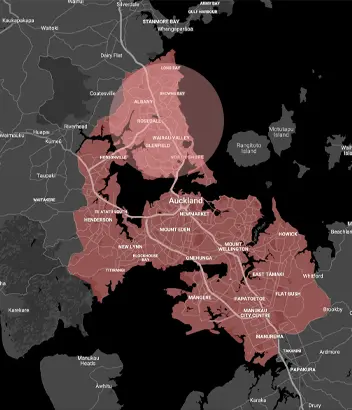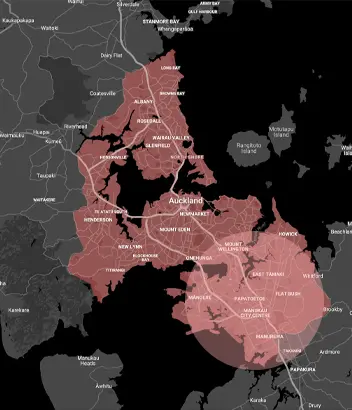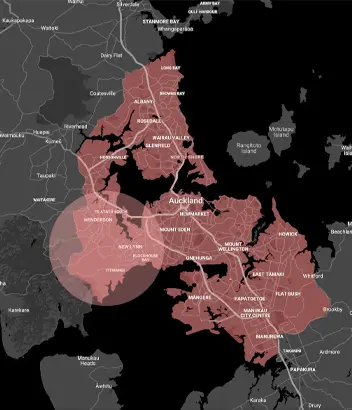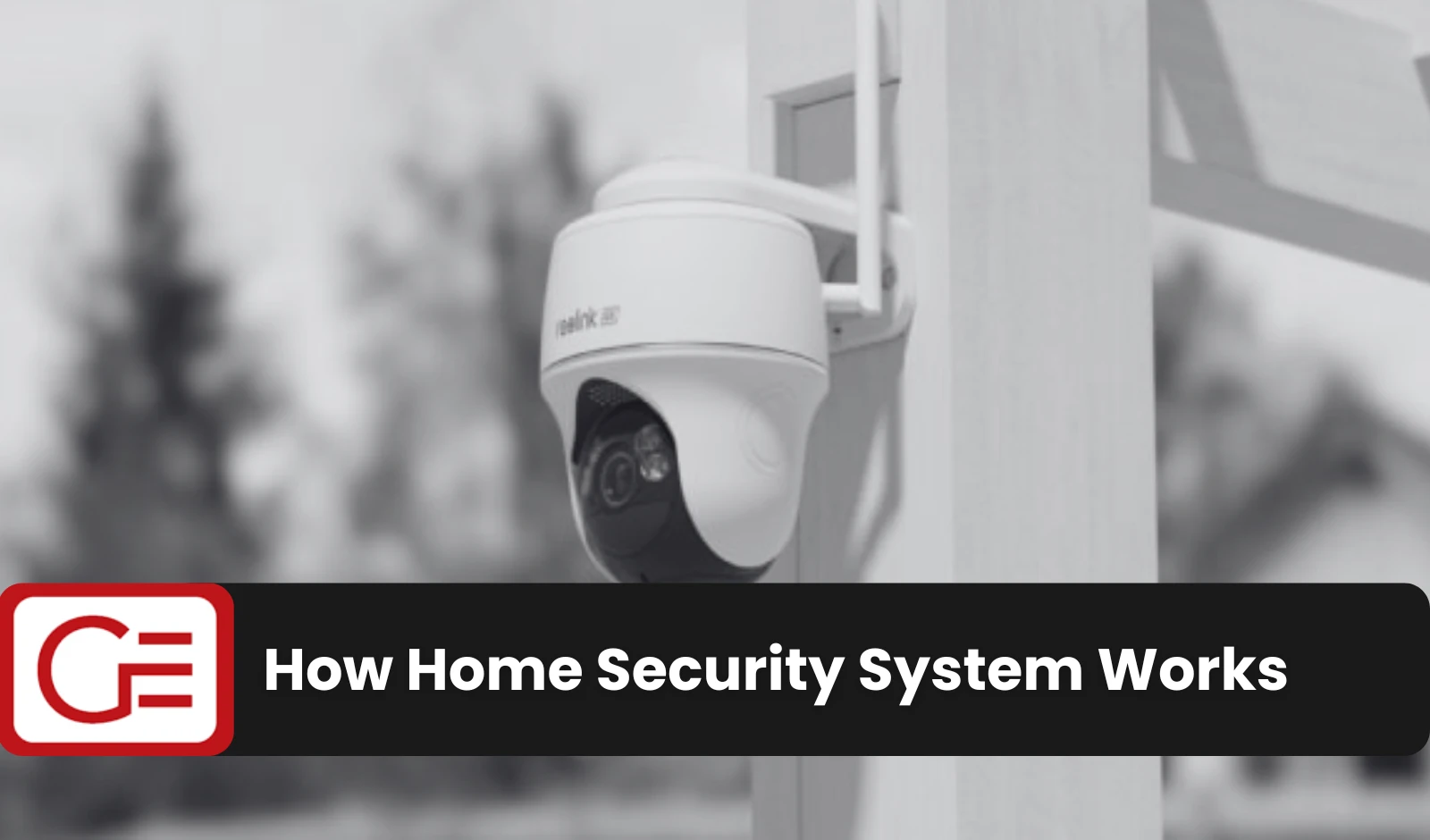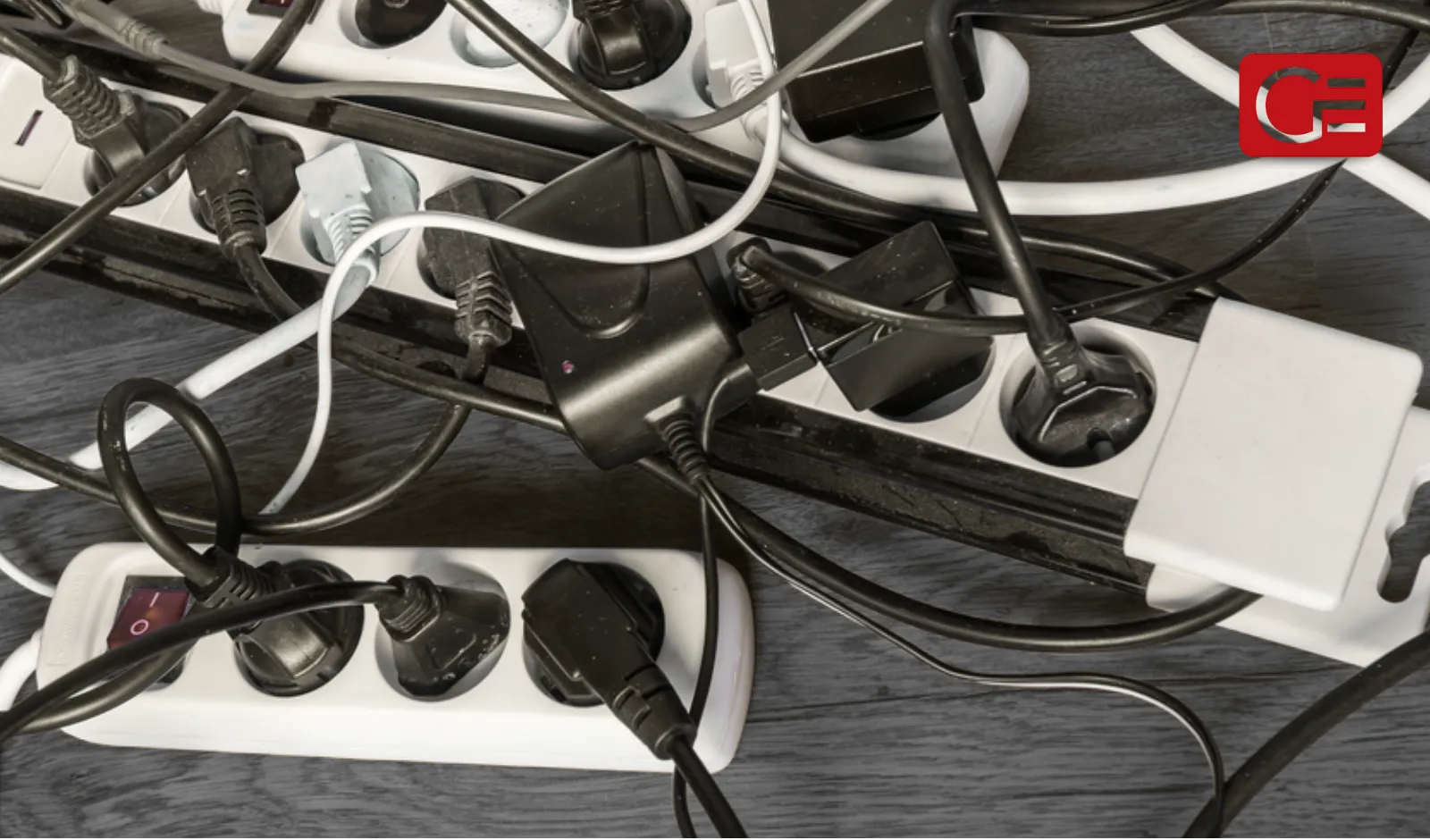

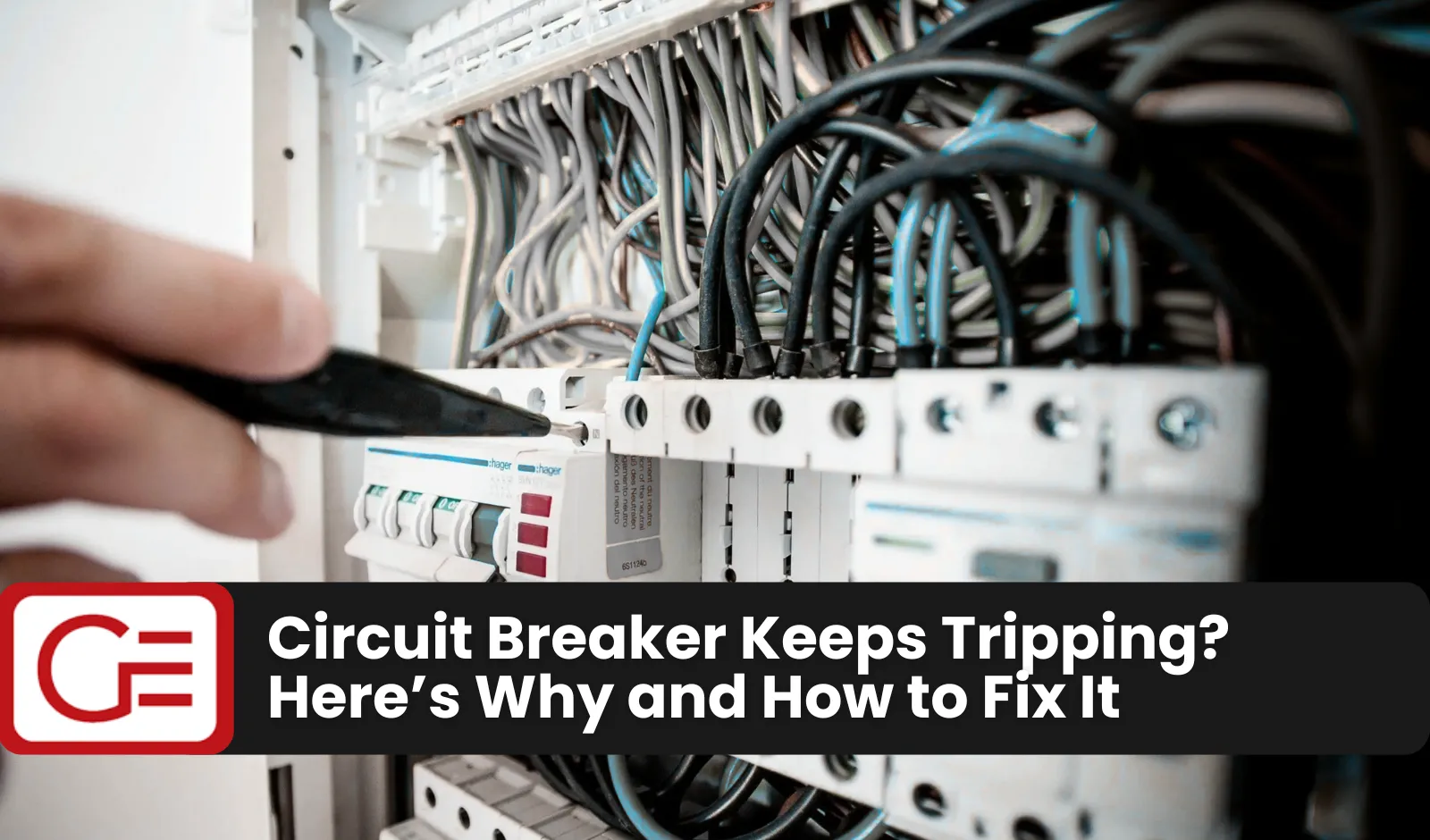
If your power cuts out suddenly, the first place you’ll likely check is the electrical panel. More often than not, you’ll see a tripped breaker. But what does this really mean, and why does it keep happening?
At Grammar Electrical, one of the most common questions we hear from Auckland homeowners is, “Why do circuit breakers trip?” The cause can be as simple as plugging in too many appliances or as serious as a hidden wiring fault within your electrical circuit. Understanding why it happens is the first step to keeping your electrical circuit safe and reliable.
In this guide, we’ll explain the main reasons circuit breakers trip, what it means if it keeps happening, and how to tell the difference between normal operation and signs of a deeper issue. You’ll also learn what to do if your circuit breaker trips randomly or even when there’s no load, and when it’s time to call a licensed electrician for help.

What Does a Tripped Circuit Breaker Mean?
A tripped breaker is a warning sign that shouldn’t be ignored. It means the circuit is overloaded or there’s a fault that needs attention.
Here’s what you can do:
- Unplug some devices and try resetting the breaker.
- If it trips immediately again, don’t force it back on. This can be dangerous.
- Consult a registered electrician to inspect your wiring, appliances, and outlets.

Why Do Circuit Breakers Trip?
Circuit breakers are designed to protect you from potential fire hazards. When too much current flows, the breaker will trip, cutting power before damage occurs.
The most common causes are:
- Circuit overloading - Too many devices drawing power at once.
- Short circuit occurs - When a hot wire touches neutral wires or another conductor, creating a surge.
- Ground faults - Electricity takes an unsafe path to ground. A ground fault circuit interrupter (GFCI) can help detect and stop these faults.
- Loose connection - Poor or aging electrical wirings that interrupt current flow.
So if you’re asking “why do circuit breakers trip?” It's the breaker doing its job to prevent overheating, shocks, and electrical fires.
Circuit Breaker Keeps Tripping
If your circuit breaker keeps tripping, it’s usually a sign that something in your electrical system isn’t functioning properly. This can happen for several reasons, from using too many high-demand appliances on one outlet to faulty switches, light fixtures, or hidden wiring issues. In some cases, the problem lies within the breaker itself.
You might also experience situations where the circuit breaker keeps tripping without load, even when nothing is plugged in. This can be caused by moisture inside outlets or switches, loose or damaged wiring behind walls, or a defective breaker in the electrical panel.
Regardless of the cause, repeated tripping is a clear warning that something isn’t safe. Breakers are designed to cut power before serious damage occurs, so if yours keeps shutting off, it’s time to act. Having a licensed electrician inspect your system to find and fix the problem, addressing it early helps prevent fire risks, equipment damage, and costly repairs down the line.
Circuit Breaker Operating Time and Tripping Time
Each breaker has a specific operating time and tripping time. This refers to how quickly the breaker detects an abnormal current and how long it takes to cut power.
- Small overloads: a few seconds before shutting down
- Major faults: instant disconnection to prevent power outage or damage
If your breaker seems slow or unresponsive, it may be old or faulty and should be replaced. Timely replacement ensures your home remains
compliant with modern safety standards.
How to Prevent Frequent Breaker Trips
While you can’t stop every issue, a few simple habits can reduce the chance of trips:
- Spread appliances across different circuits instead of one outlet
- Avoid plugging too many high-wattage devices into one board
- Replace old electrical wirings before they deteriorate
- Install safety devices like GFCIs in kitchens and bathrooms
Prevention saves you money, reduces downtime from sudden outages, and keeps your home safer in the long run.
When to DIY vs. Call a Professional
Some checks are safe to do yourself:
- Unplugging appliances to reduce load
- Resetting the breaker once to test
- Moving devices to another circuit
But always call an electrician if you notice:
- The breaker keeps tripping repeatedly
- A burning smell near outlets or switchboards
- Buzzing or heat from the electrical panel
- Flickering lights paired with breaker trips
Remember: In New Zealand, most electrical work must be done by a licensed electrician, it’s the law and the safest option.

Your Trusted Electricians for Circuit Breaker Repairs
When it comes to circuit breaker problems, Grammar Electrical is Auckland’s trusted team for safe, efficient, and long-lasting solutions. Our licensed electricians handle everything from tripped breakers and overloaded circuits to faulty switchboards and wiring faults, ensuring your electrical system runs smoothly and safely.
We take pride in providing reliable service backed by:
- Decades of experience across Auckland homes and businesses
- A workmanship guarantee of up to $20,000
- Emergency electricians available for urgent electrical issues
Circuit breaker problems can range from minor overloads to serious wiring faults that put your safety at risk. That’s why every job we do is completed to New Zealand’s strict electrical safety standards, giving you peace of mind that your home or business is in good hands.
If your circuit breaker keeps tripping or you’re noticing repeated power cuts, don’t ignore it, these are early signs of electrical issues that need attention.
Call Grammar Electrical today on 09 884 6611 or book online to save $15. Your trusted experts for safe, reliable, and professional circuit breaker repairs in Auckland.
Auckland’s Trusted Electricians
Fast, reliable electrical repairs, installations & upgrades - available 24/7.
Book Online & Save $15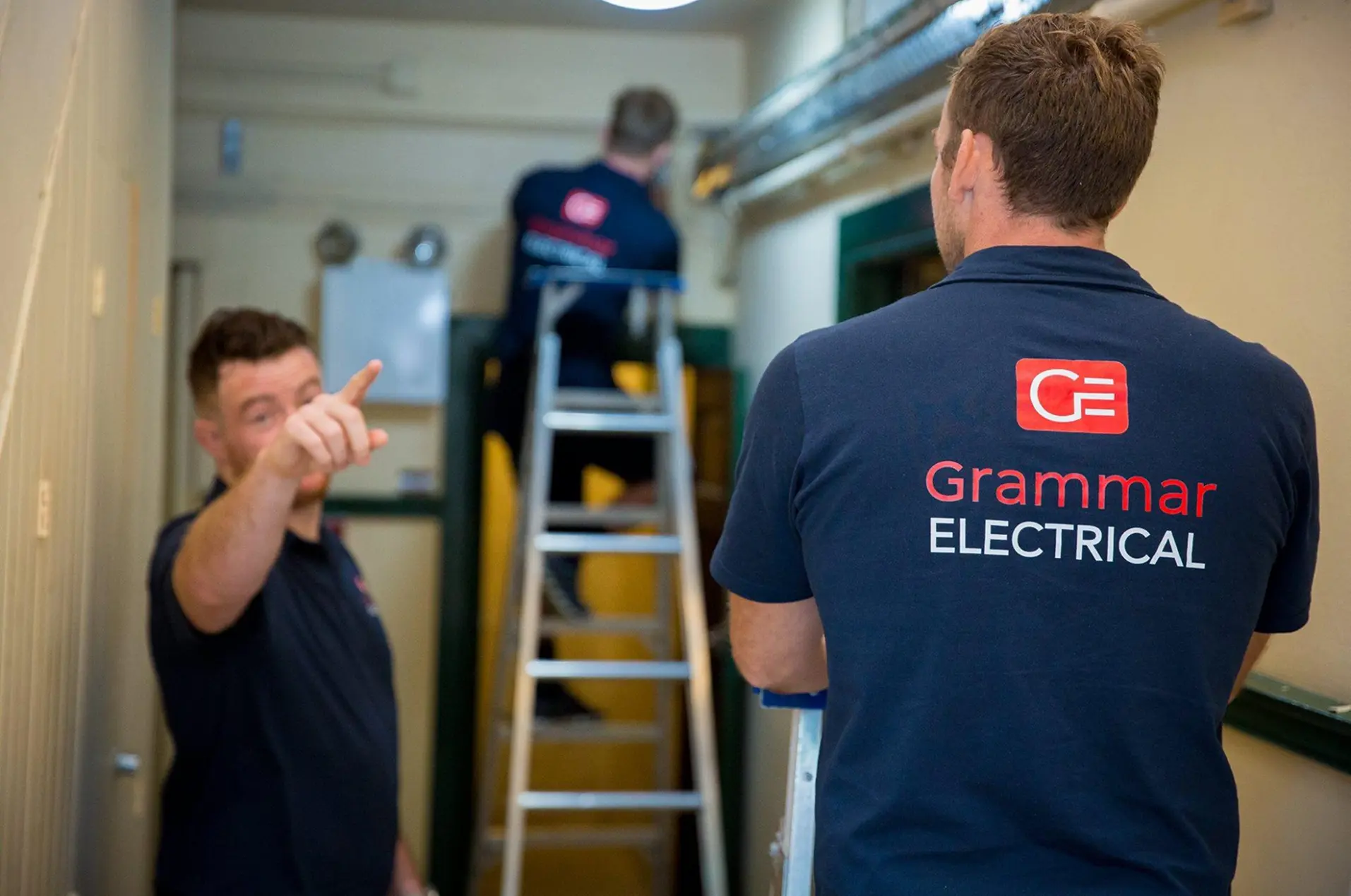
Got a question?
Contact us for a FREE installation quote or book your job online today.
Same Day Service Guarantee - Terms & Conditions

The "Same Day Service Guarantee or it's Free" applies to:
a. Residential work and Commercial only.
b. Jobs specified as needing same day service when booking a job by phone or online.
c. Residential and Commercial work booked with Grammar Electrical:
i) Before 11:00AM
ii) For calls or online bookings received after 11:00AM, the customer will be offered a job. Booking for the next business day and normal callout fees ($170+ GST) will apply.
iii) Any other jobs booked outside business hours (9:00AM - 5:00PM Monday- Friday) will incur after hours charges.
iv) This offer is excluded for jobs booked on New Zealand public holidays.
d. If Grammar Electrical are unable to attend on the same day (within 24 hours) for a job booked by the customer, the standard callout fee of $170 + GST will be waived and is free, but all other normal charges, fees and expenses will apply to perform the Electrical Services and to provide any products/materials concerning those services.
e. The Standard Callout Fee will be deducted from your bill as long as you pay within your invoice's due date. The callout charge is applicable if your invoice is overdue.
f. If Grammar Electrical are willing and able to perform the Service or provide the Goods on the same day the job is booked, however the Customer for whatever reason does not give access to their property on the day, Grammar Electrical will be deemed to have complied with it's "Same Day or it's Free" guarantee and shall be entitled to charge the customer the standard call-out fee.
g. This offer is not a guarantee of work being completed. The completion of the job will depend on stock availability and also the amount of work required.















